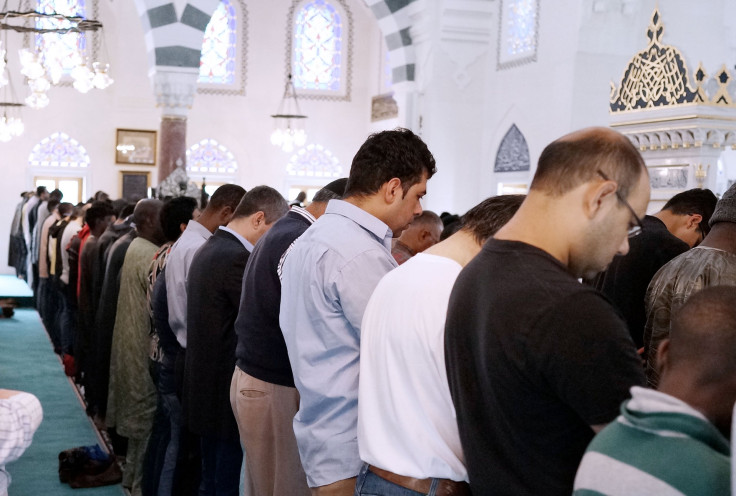Amid Orlando Shooting, Do American Muslims Report Extremist Threats? Donald Trump Says No, FBI Says Yes

In the aftermath of a mass shooting in Orlando, Florida, by an American Muslim who claimed allegiance to the Islamic State group, federal officials are working to correct misinformation being spread by presumptive Republican nominee Donald Trump.
The latest instance? FBI officials say Muslim Americans have often warned authorities about fellow Muslims they think might be turning toward extremism, despite a claim by Trump to the contrary, Reuters reported Thursday.
“They don’t report them,” Trump said in a CNN interview Monday. “For some reason, the Muslim community does not report people like this.”
His comments came after a gunman stormed a gay nightclub in Orlando, killing 49 people Sunday. The shooter was previously investigated by the FBI but had been removed from the agency’s watch list and so was legally able to purchase the guns he used in the attack. The tragedy, which has been called the worst mass shooting in American history, has raised questions once again about how the United States deals with terrorist threats and about laws governing who can own guns.
Trump gave a blistering speech Monday about national security and doubled down on his proposed ban on all Muslims entering the U.S. In a separate interview on Fox News, Trump also called for consequences for Muslims who do not report suspected terror threats to the authorities.
However, FBI director James Comey said this is not the issue Trump makes it out to be.
“They do not want people committing violence, either in their community or in the name of their faith, and so some of our most productive relationships are with people who see things and tell us things who happen to be Muslim,” Comey said at a press conference after the Orlando shootings. “It’s at the heart of the FBI’s effectiveness to have good relationships with these folks.”
Andrew Ames, a spokesperson for the FBI’s Washington office, also told Reuters on Wednesday that the department has a “robust” relationship with the Muslim community and that community members have sent reports to agents in the past.
And it’s not just the FBI. In Los Angeles, L.A. Police Department Deputy Chief Michael Downing told Reuters the Muslim community there has reported “red flags” to his counterterrorism unit.
“I personally have been called by community members about several things, very significant things,” Downing said. “What we say to communities is that we don’t want you to profile humans, we want you to profile behavior.”
President Barack Obama also denounced Trump’s comments about Muslim Americans this week, saying that Trump’s call for the president to use the term “radical Islam” is reactionary and that his ban on Muslims would be dangerous.
“Where does this stop?” Obama asked Tuesday in an emotional address. “Are we going to start treating all Muslim Americans differently? Place them under special surveillance? Discriminate against them because of their faith? Do Republican officials actually agree with this? Because that's not the America we want. It doesn't reflect our ideals.”
Muslim leaders have spoken out against Trump and against the Orlando terror attack. After Trump’s controversial speech Monday, in which he called Syrian refugees “a better, bigger, more horrible version than the legendary Trojan horse ever was,” American Muslim leaders decried the GOP candidate.
“It’s an effort to demonize, stigmatize a particular minority faith that’s already under siege to gain some political advantage over his opponent. It’s really despicable,” Ibrahim Hooper, a spokesman for the Council on American-Islamic Relations, a Muslim civil rights group, told the Washington Post.
© Copyright IBTimes 2024. All rights reserved.





















